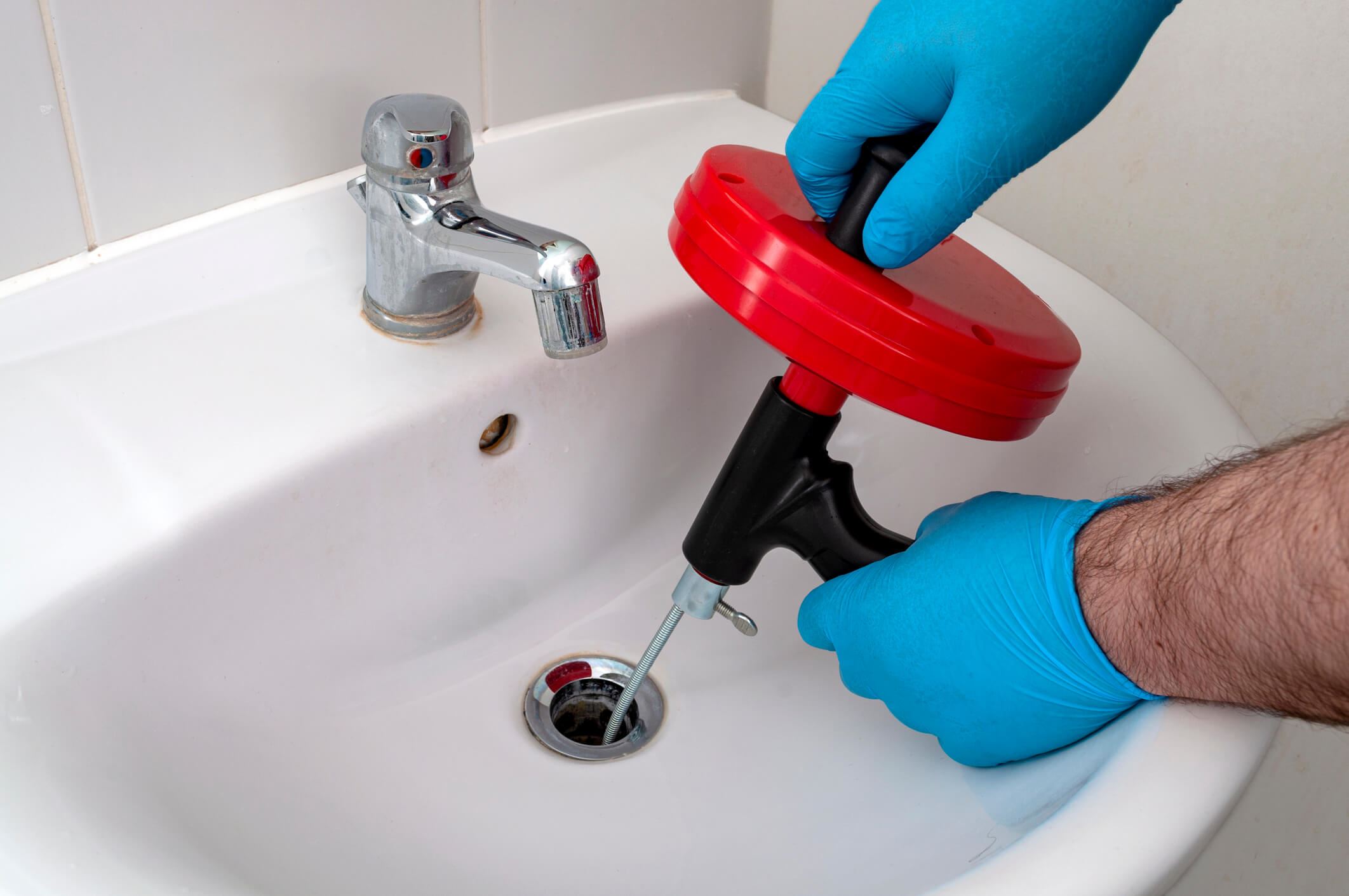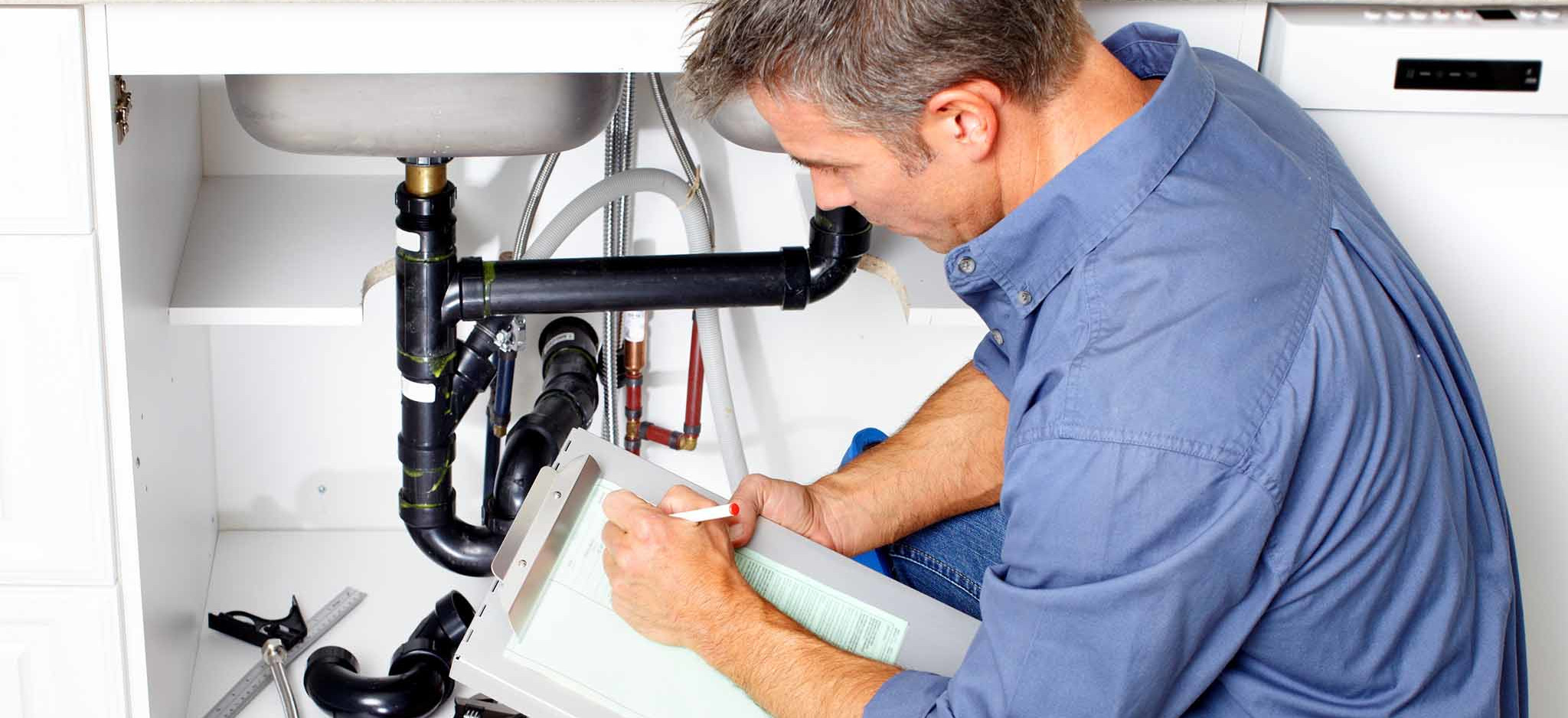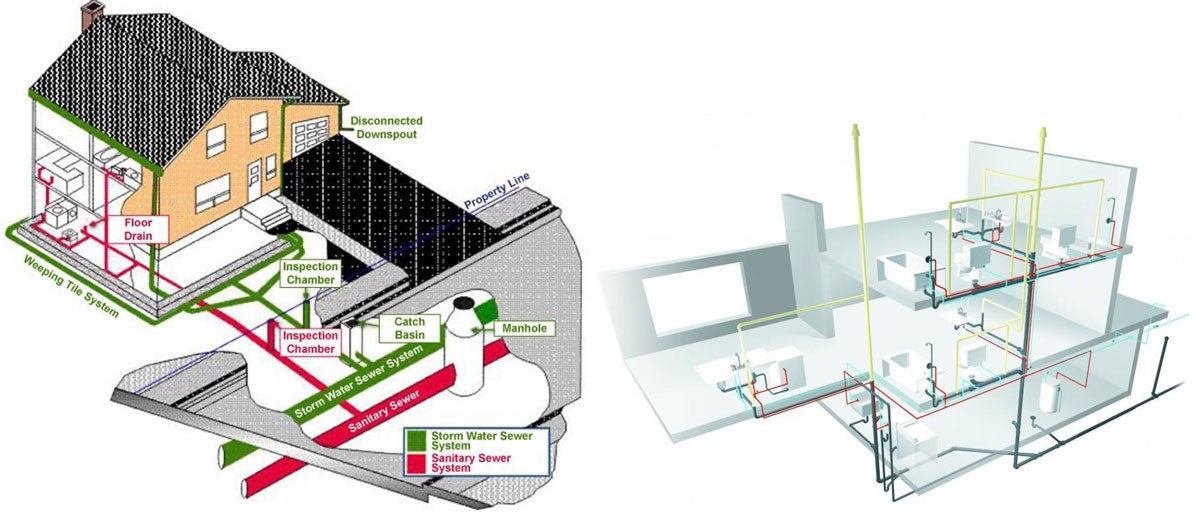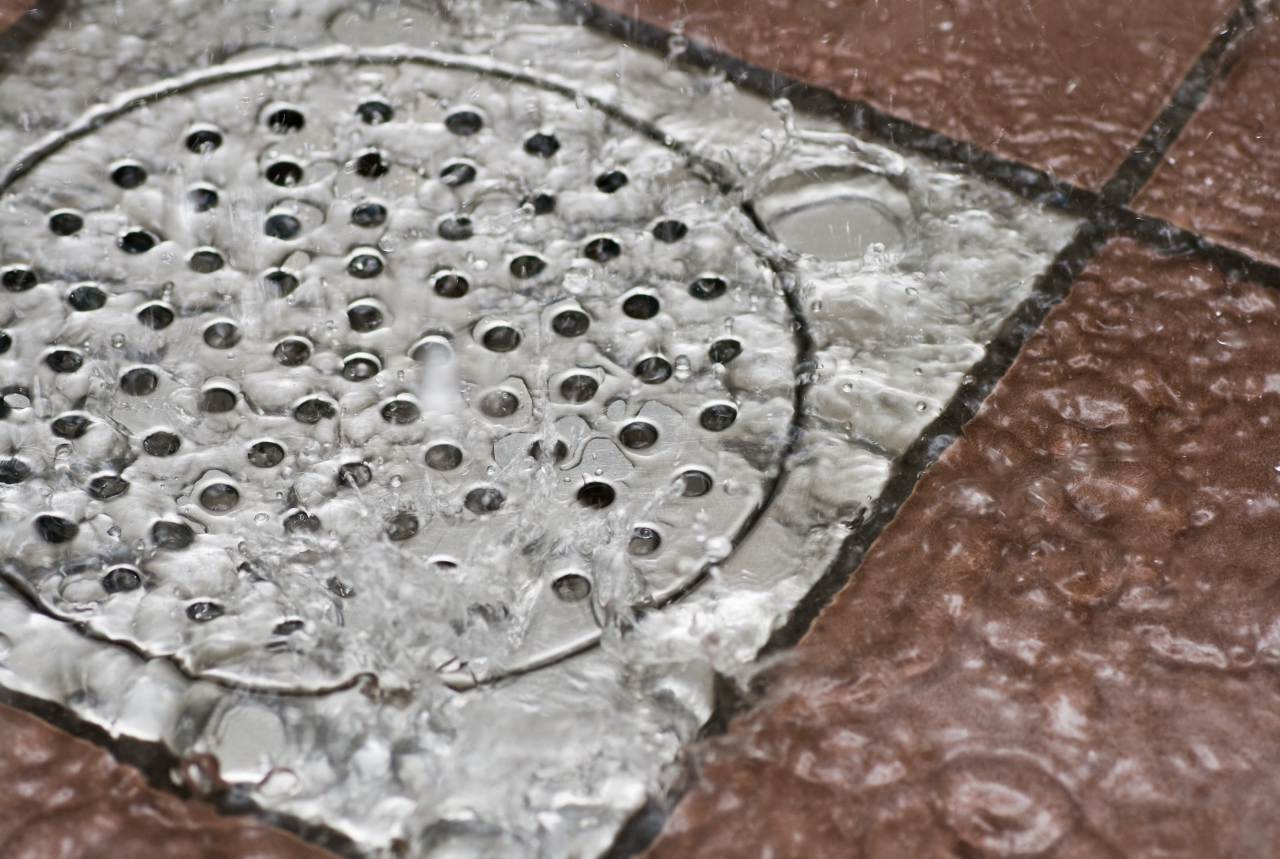The Pitfalls of DIY Drain Cleaning: A Guide to Smart Plumbing Practices
Did you know? The average household deals with 4-6 drain clogs annually, and approximately 35% of homeowners report using chemical drain cleaners as their first solution. However, plumbers report that these chemicals are responsible for up to 40% of premature pipe damage and can reduce pipe lifespan by up to 30%.
We've all experienced the frustration of standing in ankle-deep water during a shower or watching a sink refuse to drain. When faced with these plumbing predicaments, many homeowners instinctively reach for a bottle of chemical drain cleaner, promising a quick and easy solution. But before you pour that caustic liquid down your pipes, it's worth understanding the potential consequences of this common DIY approach.
The Hidden Dangers of Chemical Drain Cleaners
Those colorful bottles of drain cleaners lining store shelves may seem like miracle solutions, but they harbor a dark secret that most homeowners discover too late. Even products claiming to be "safe for pipes" contain highly caustic chemicals that can:
Risks of Chemical Drain Cleaners
- Corrode your pipes: Particularly damaging to older metal and PVC pipes
- Generate heat: Can weaken pipe joints and cause leaks over time
- Harm the environment: Toxic chemicals eventually enter the water system
- Create health hazards: Produce dangerous fumes and can cause severe skin burns
- Damage fixtures: Can deteriorate the finish on sinks, tubs, and faucets
The warning label urging you to call poison control if the product touches your skin should be your first clue about its safety. For a gentler approach, consider all-natural enzymatic products that use bacteria to break down organic material. However, for minor clogs, you can often avoid commercial products altogether with simple, cost-effective DIY solutions.
Safe DIY Drain Maintenance Techniques
Regular maintenance can prevent most clogs from forming in the first place. For sluggish drains or monthly preventative care, these budget-friendly methods are both effective and pipe-friendly:
Monthly Drain Maintenance Routine
- Hot Water Flush: Pour a pot of very hot (not boiling) water down the drain
- Natural Cleaner Application: Add ½ cup baking soda followed by ½ cup vinegar
- Cover and Wait: Plug the drain and let the mixture work for 30 minutes (or overnight for best results)
- Final Flush: Rinse with another pot of hot water to clear away dissolved debris
Pro Tip: For kitchen sinks, add a tablespoon of salt to your baking soda before pouring in the vinegar. The salt acts as a mild abrasive to help scrub away greasy buildup while the baking soda and vinegar reaction works its magic.
Tackling Tough Clogs Without Chemicals
When you're dealing with a stubborn blockage that simple maintenance won't fix, resist the urge to reach for chemical solutions. Instead, these mechanical methods can effectively clear clogs without damaging your plumbing system:
- Plumber's Snake or Auger: This flexible tool can physically break up and remove clogs deep within your pipes. Feed the snake into the drain, turn the handle when you feel resistance, and pull back to retrieve the debris. Available at most hardware stores, a basic snake is an excellent investment for any homeowner.
- Cup Plunger: Often underestimated, a proper plunging technique can dislodge many clogs. Ensure you have a good seal over the drain, and use quick, forceful plunges to create pressure that can break up the blockage. For bathroom sinks, cover the overflow hole with a damp cloth to improve suction.
- Zip-It Tool: This inexpensive plastic tool with barbs can be especially effective for hair clogs in bathroom drains. Simply insert it into the drain, twist slightly, and pull up to remove hair and debris.
Preventing Future Drain Problems
The most effective way to deal with clogs is to prevent them from forming in the first place. Being mindful about what goes down your drains can save you time, money, and frustration. Here's what should never enter your plumbing system:
Kitchen Drain Enemies
- Grease, fats, or oils (collect and dispose in trash)
- Coffee grounds (compost instead)
- Eggshells (can create granular waste)
- Starchy foods (pasta, rice, potatoes)
- Bones or fruit pits
- Stringy or fibrous vegetables
Bathroom Drain Enemies
- Hair (use drain covers to catch it)
- "Flushable" wipes (they're not truly flushable)
- Feminine hygiene products
- Dental floss (can tangle around other debris)
- Cotton balls or Q-tips
- Medications (can contaminate water supply)
Remember: Your plumbing system is designed to handle water, human waste, and toilet paper only. Everything else should be disposed of properly in the trash or compost. A good rule of thumb: if you're not sure if something should go down the drain, it probably shouldn't.
By adopting these preventative measures and gentle cleaning techniques, you'll not only extend the life of your plumbing system but also avoid the costly repairs that often result from chemical drain cleaner damage. When in doubt, or when facing a persistent clog that DIY methods can't resolve, it's always best to consult with a professional plumber who can address the issue without compromising your pipes.
Dealing with a stubborn drain clog? We can help!
Call us at 844 PLUMB-ALL


